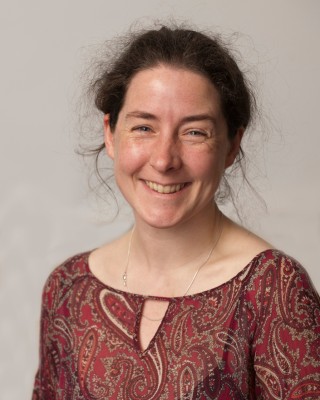The European Territorial Cooperation INTERREG has awarded €3.6 million to the German-Scandinavian research project “Hanseatic League of Science (HALOS).” In addition to Universität Hamburg, academic and corporate partners from German, Sweden, Norway, and Denmark are taking part in HALOS.

At Universität Hamburg, HALOS will be headed by Prof. Arwen Pearson, who is a member of CUI.
Starting in 2019, this cooperation in the life sciences will focus on, among other things, tumor treatment, resistance to antibiotics, and diagnostics. The alliance will benefit especially from cooperation in the 4 large research institutions Max IV, the European Spallation Source (ESS), DESY, and European XFEL, whose radiation sources will make innovative investigations possible.
While Universität Hamburg has had a strategic and thematic partnership with Lund University since 2016, this will be the first time that an INTERREG project for the Öresund-Kattegat-Skagerrak region incorporates Germany. In addition to Universität Hamburg, DESY, and the European XFEL, the State of Hamburg and the European Molecular Biology Laboratory (EMBL) in Hamburg will be involved.
As part of HALOS, which will be headed at Universität Hamburg by the biophysicist Prof. Dr. Arwen Pearson, 41 “short-seed” or 6-month research projects are also planned. There will also be an exchange program for researchers and forums hosted by the participating regions. Prof. Pearson said: “This funding is a great opportunity for the life sciences community in Hamburg and in southern Scandinavia. We can make ideal use of the regions’ outstanding infrastructure.”
INTERREG is a program of the European Regional Development Fund. It has been running for 20 years with the aim of strengthening cooperation between the European member states and neighboring non-EU countries. Text: UHH

